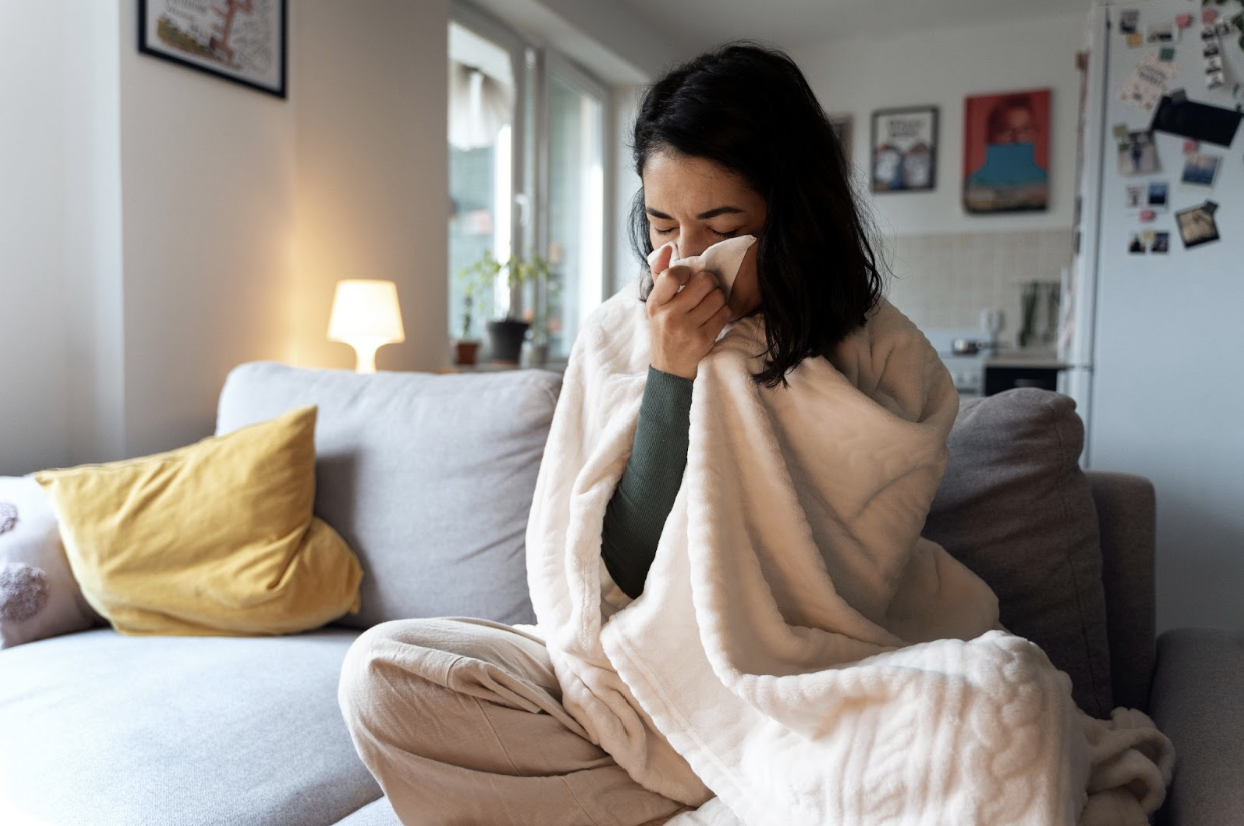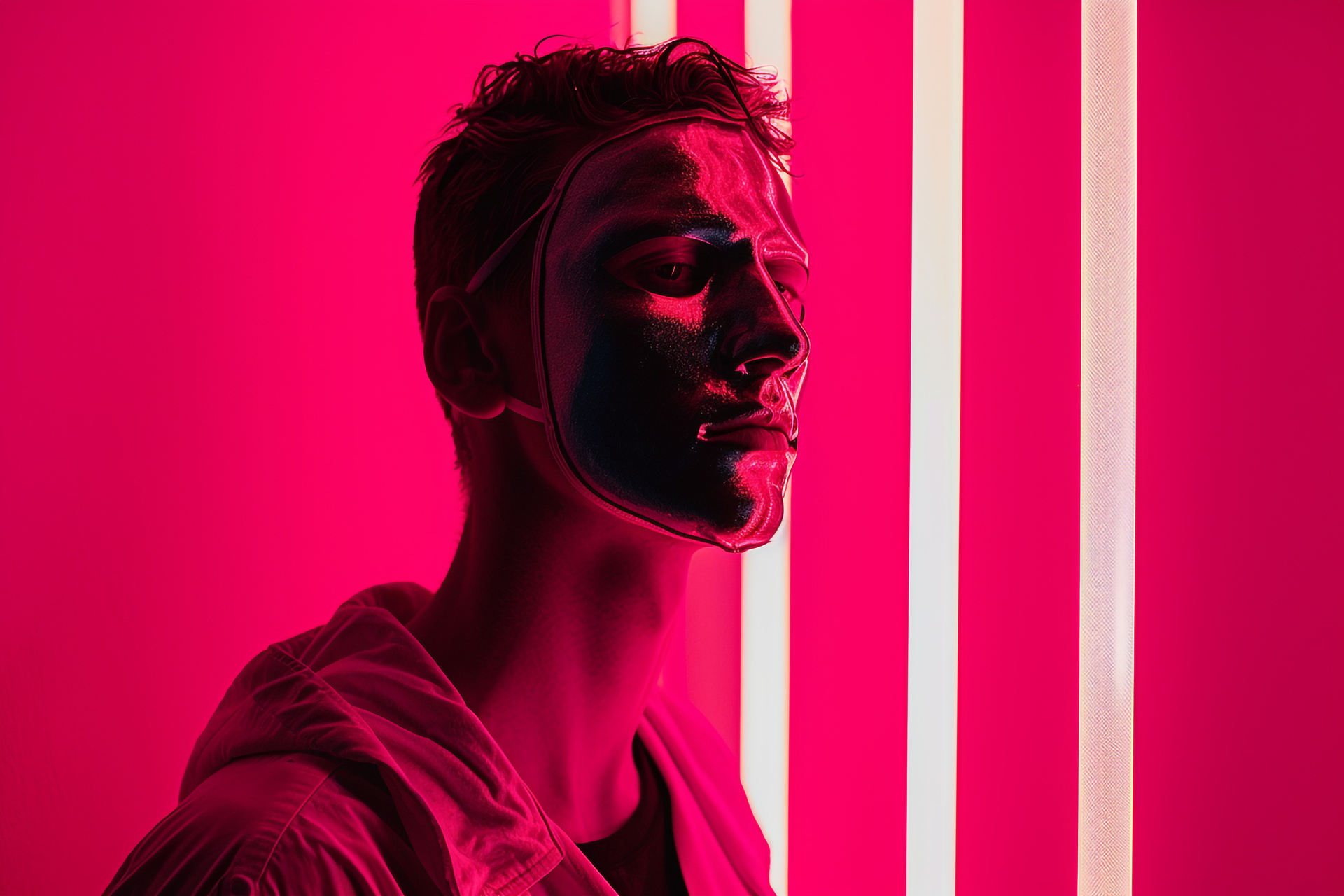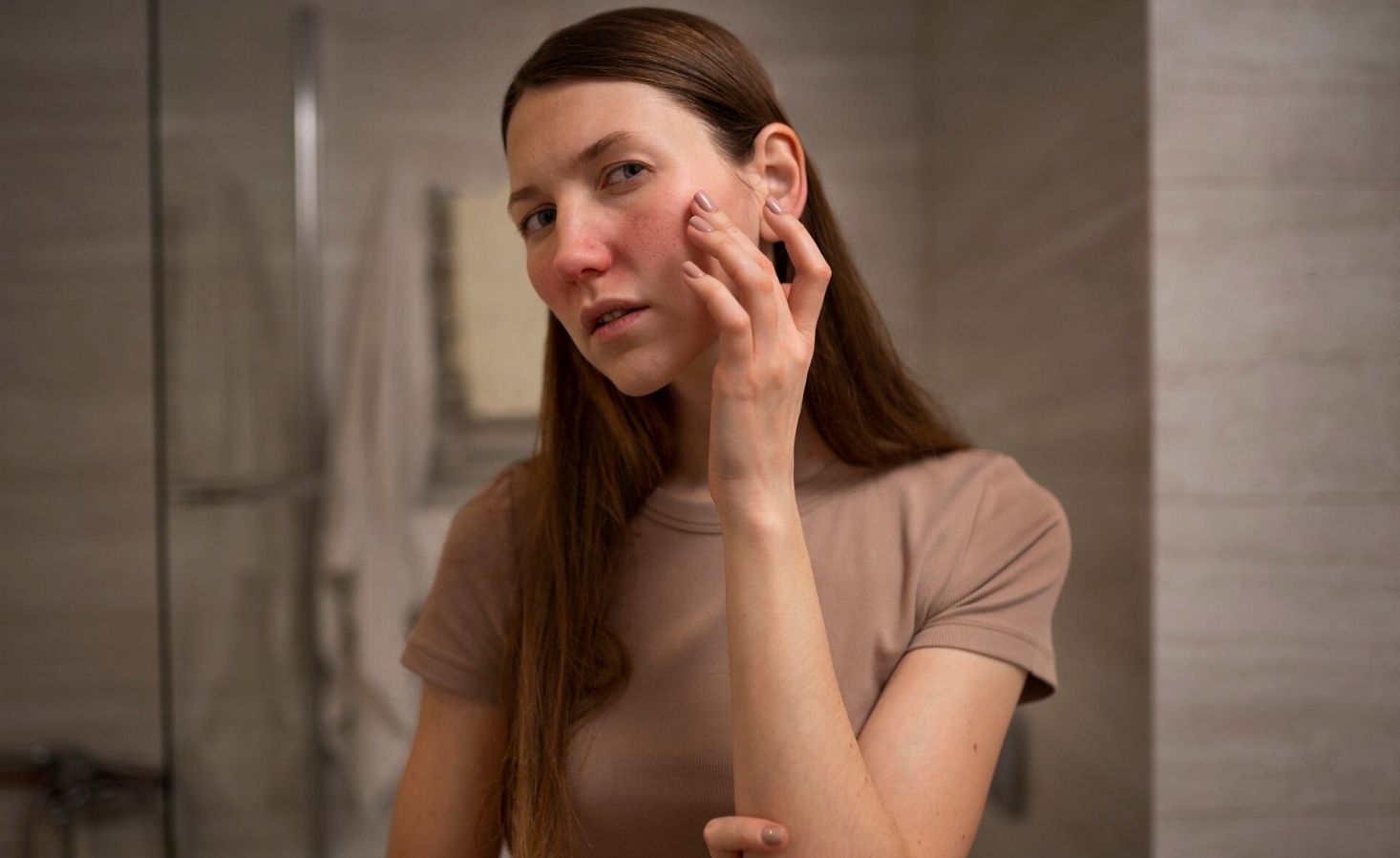Treatment using Red Light Therapy Device is a relatively new option that is rapidly gaining popularity. When you first hear about red light therapy, you probably have a lot of questions. With so many scientific terms and hard-to-pronounce words like "photobiomodulation", you're probably scratching your head.
Don't worry. We've got you covered in this deep dive into red light therapy. We'll cover exactly what red light therapy is, the science behind how it works, and how it affects the body before and after treatment.
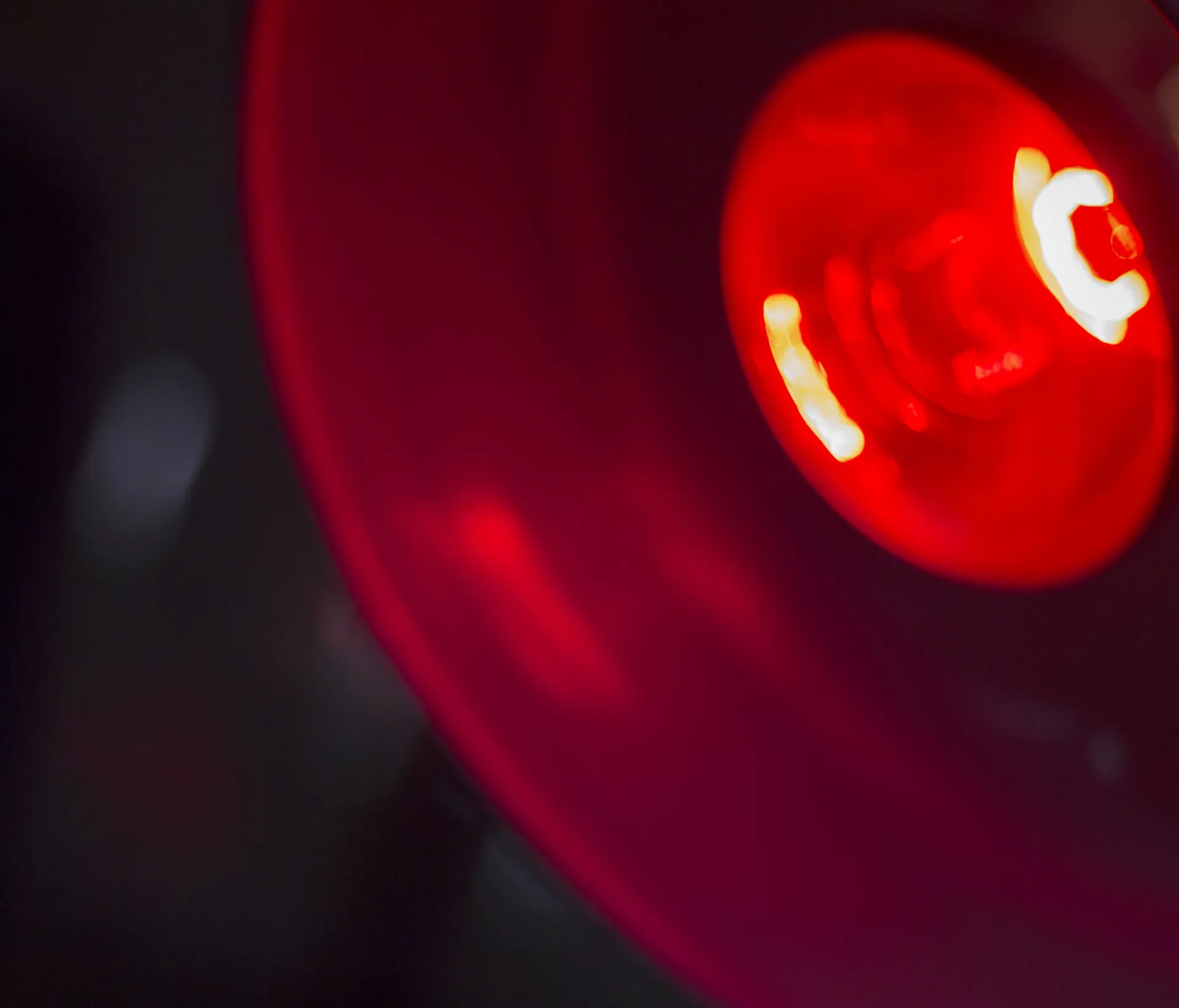
Since its initial use, red light therapy has been an increasingly popular treatment primarily due to its quick and painless results. In order to better understand why this treatment has become so popular, here are some of the red light therapy benefits:

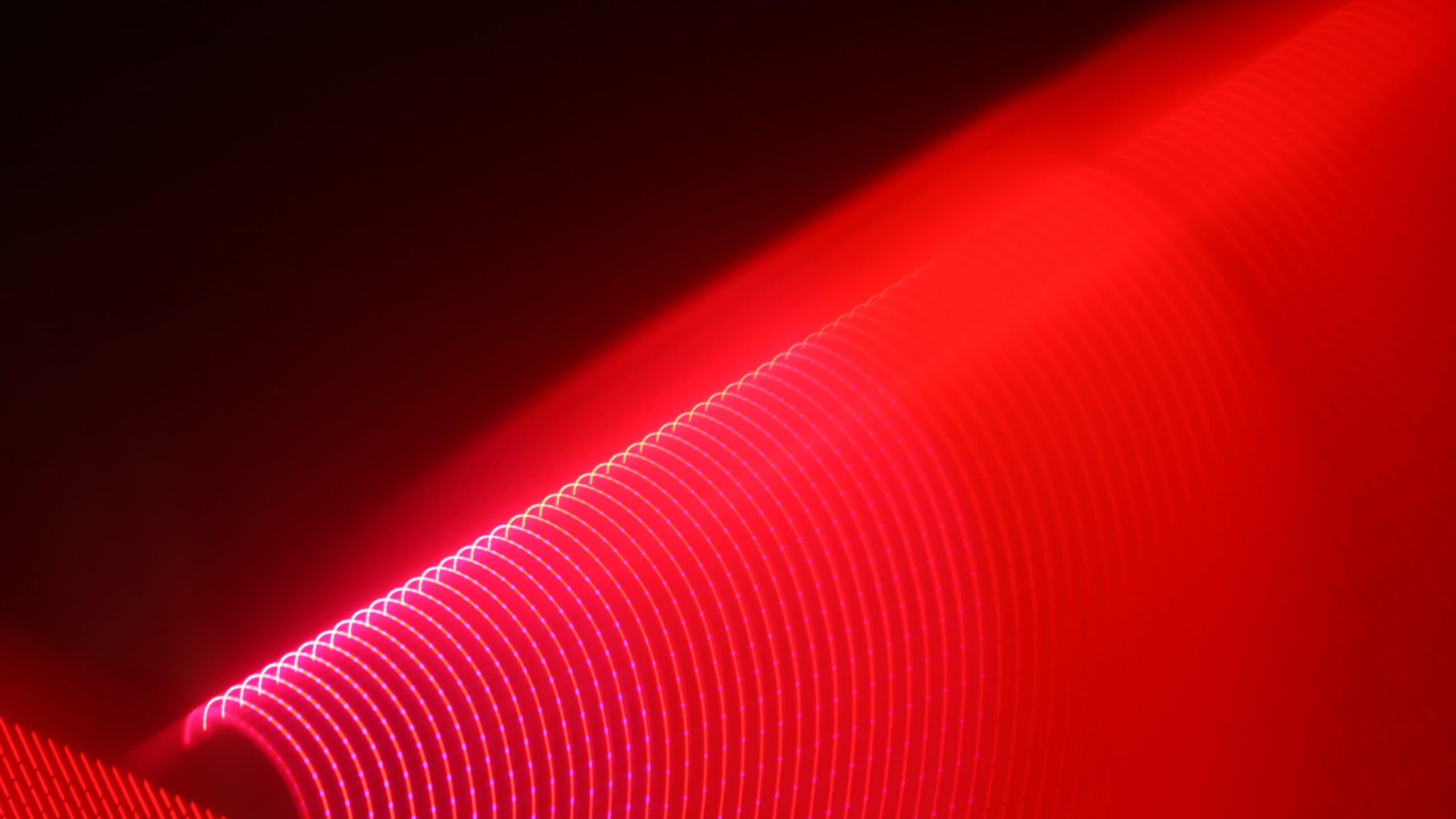
Red light therapy is also commonly referred to as low-level light therapy (LLLT). Both photobiomodulation therapies utilize the science of red light but in slightly different ways. One uses LED lights, and the other uses lasers. To understand the difference, consider this, the Sun emits light at all frequencies. LED lights emit the same wavelength of color but in a non-coherent way. Laser lights emit only one wavelength of light in a coherent way.
Red light therapy is commonly associated with therapy techniques that utilize LED lights affixed to a device. For any therapy to be considered LLLT, it must use only laser lights. These laser lights only emit between 600nm to 1000nm and are not as powerful as surgical lasers. Neither the red light therapy LED lights nor the LLLT lasers will generate heat.
The red light therapy devices used for red light therapy are specially outfitted with LED light bulbs that emit only specific bands of wavelengths. These LED lights only produce red and near-infrared wavelengths. The wavelengths these devices emit are measured in nanometers (nm). They can range from 620 to 660nm for visible red light and 810-850nm for near-infrared light.
The higher wavelength light bulbs are more typically used in offices for their ability to deliver more therapeutic results. It is imperative that only specific wavelengths of light can be emitted from these devices. This ensures that the laser lights are non-invasive and completely safe to use.
The lack of heat generated by both the LED red light therapy devices and LLLT lasers means cells do not increase in temperature so that it is possible for Red Light Therapy at Home. In addition, no adverse side effects have been discovered from utilizing this therapy. Red light therapy is very safe for patients seeking treatment.
You may wonder, what does red light therapy do to the body? When effective treatment is used, the body’s cells will improve their metabolism and experience a reduction of inflammation. Cells in the body respond to light therapy via a photochemical response. When red and infrared light is applied to a treatment site, the light will increase cellular adenosine triphosphate or ATP in that area. ATP is made in the cell’s mitochondria. You may remember from biology class, “the mitochondria is the powerhouse of the cell!”
When our cells are stressed out, our ATP does not work as well as it should. Nitric oxide molecules will bond to the ATP, and as a result, our cells do not perform as well. As light is penetrated into the cell’s mitochondria, the nitric oxide molecules that are inhibiting the ATP will detach from the ATP and instead bind to oxygen molecules. As a result, the mitochondria and ATP resume working effectively.
When the nitric oxide molecules pass out of the cells, they behave like a vasodilator. Blood flow is then encouraged to the treatment site and surrounding areas. As this happens, the communication between the cell’s nucleus and the rest of its parts begins to signal at optimal rates.
Photochemical reactions within cells somewhat resemble the photosynthesis of plants. Photochemical responses at the cellular level aid cells in working at their total capacity. As a result, this increases the cell’s energy. The result of increased blood flow to the area allows for inflammation and pain to be reduced.

Red light therapy can benefit everyone as a pain-free solution to a myriad health ailments and mood conditions. It is ideal for anyone looking to reduce pain and inflammation and increase their body’s ability to heal itself. Red Light therapy is also a fantastic choice for people who are seeking treatment outside of pharmaceuticals or surgery options.
While the following list does not include all the individual categories of people who have seen the benefits of red light therapy, this list does boast some of the patient groups that have all seen success and health benefits after starting this type of treatment.
